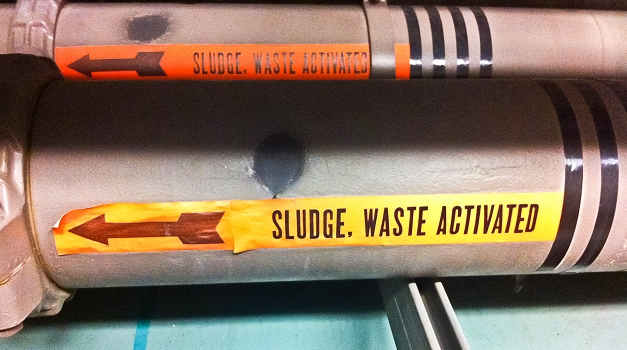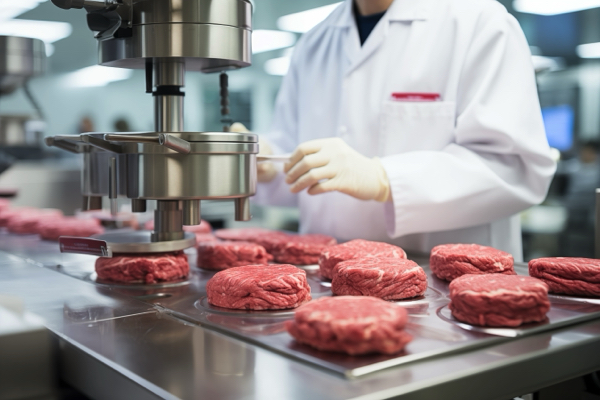
(Article republished from YourNews.com)
Bayer, in collaboration with Ginkgo Bioworks, has been developing genetically engineered soil microbes, raising alarms about the potential for a catastrophic impact on agriculture. The concern is that these modified microbes could spread uncontrollably, leading to soil contamination on a scale that could significantly disrupt farming practices.
This initiative by Bayer is part of an effort to replace traditional fossil-fuel-based agrochemicals with genetically engineered microbes. However, Ginkgo’s report to the Securities and Exchange Commission highlights the potential risks associated with the release of these modified organisms into the environment. The report acknowledges that the full effects of deploying genetically engineered organisms into uncontrolled environments are unknown and could have unintended consequences.
One chilling example of the potential dangers of genetically engineered soil bacteria was provided by Dr. Elaine Ingham, a former associate professor at Oregon State University. She led a study on a genetically engineered soil bacterium, Klebsiella planticola, which was initially intended to convert plant waste into alcohol for fertilizer or fuel. Dr. Ingham’s research discovered that the modified bacterium not only killed all tested plants but also had the potential to eliminate all terrestrial plant life. Her findings prevented the commercialization of this genetically altered bacterium, but also ended her affiliation with the university.
Bayer’s venture into genetically engineered microbes, including its partnership with Ginkgo Bioworks and Pivot Bio, is part of its broader strategy in the biologicals sector. While Bayer has pledged to reduce the environmental impact of crop protection by 30 percent by 2030, there are concerns about the company’s actual commitment to reducing pesticide sales. Critics argue that Bayer’s history, including its involvement in controversies ranging from Agent Orange to glyphosate-based herbicides like Roundup, raises questions about its intentions in the agricultural sector.
Bayer’s work with genetically engineered nitrogen-fixing bacteria, for instance, is aimed at reducing synthetic fertilizer use. However, there is skepticism about the efficacy of these efforts, as independent scientific evaluations of claims made by companies like Pivot Bio are not readily available. Similarly, products like Poncho/VOTiVO, a hybrid chemical/biological insecticide, are marketed in conjunction with chemical pesticides rather than as replacements, potentially increasing the overall use of agrochemicals.
The development of genetically engineered microbes by Bayer is part of a long history of promises about the benefits of genetic engineering in agriculture. However, many of these promises, such as increased yields, reduced pesticide use, and coexistence with organic farming, have not been realized as initially claimed. There is also concern that the introduction of genetically engineered microbes into the environment could lead to unintended and irreversible ecological consequences.
Furthermore, Bayer’s historical background, including its association with harmful chemicals and involvement in unethical practices, adds to the skepticism about its role in the future of food and agriculture. The fear is that Bayer’s current pursuits in genetically engineered soil microbes could be part of a larger plan to transition from traditional agriculture to a system dominated by lab-grown and synthetic foods, potentially undermining food sovereignty and ecological balance.
As Bayer continues to expand its activities in genetically engineered microbes, the need for rigorous regulatory oversight, transparency, and public accountability becomes increasingly crucial to prevent potential ecological disasters and protect the future of farming.
Read more at: YourNews.com
Please contact us for more information.






















